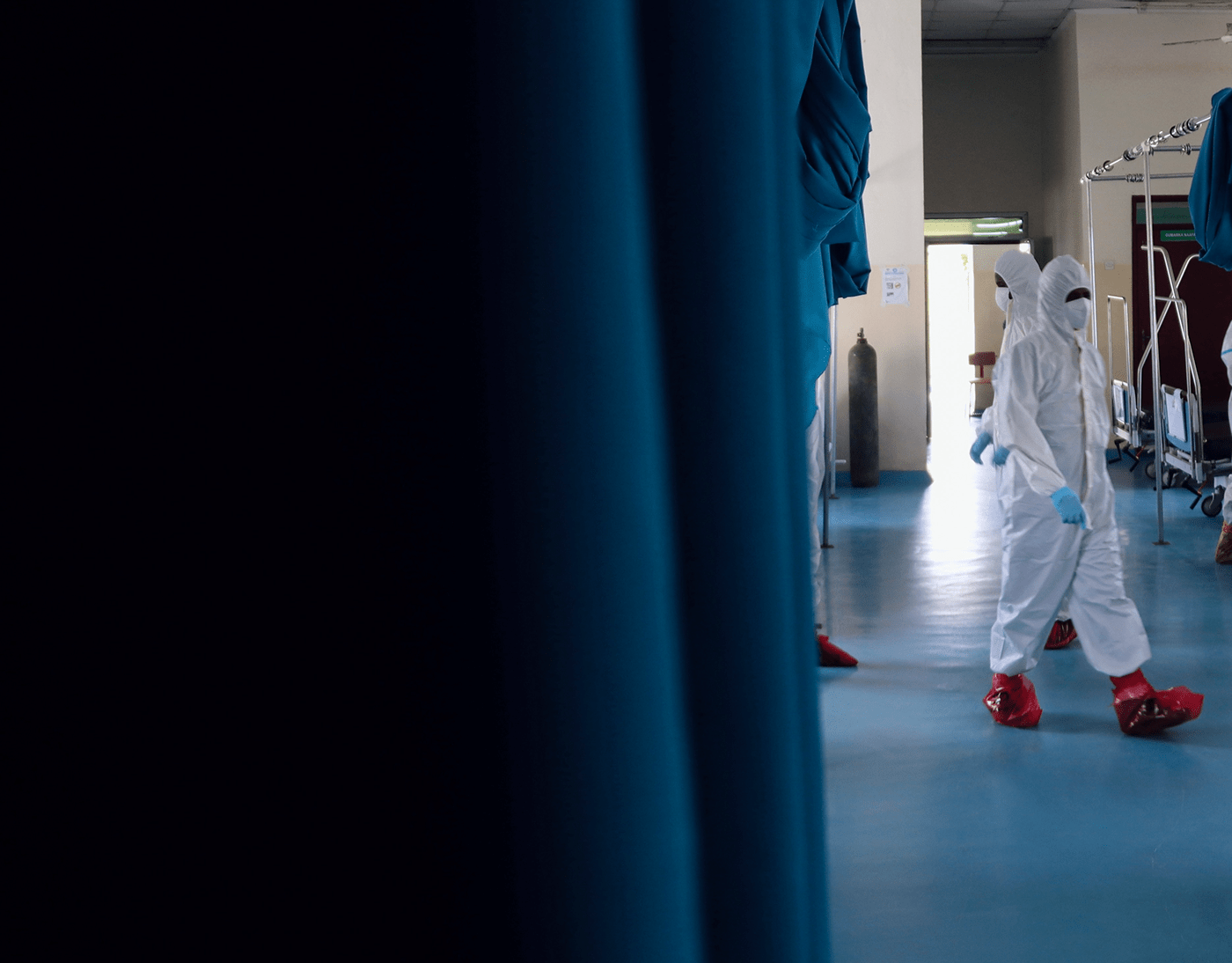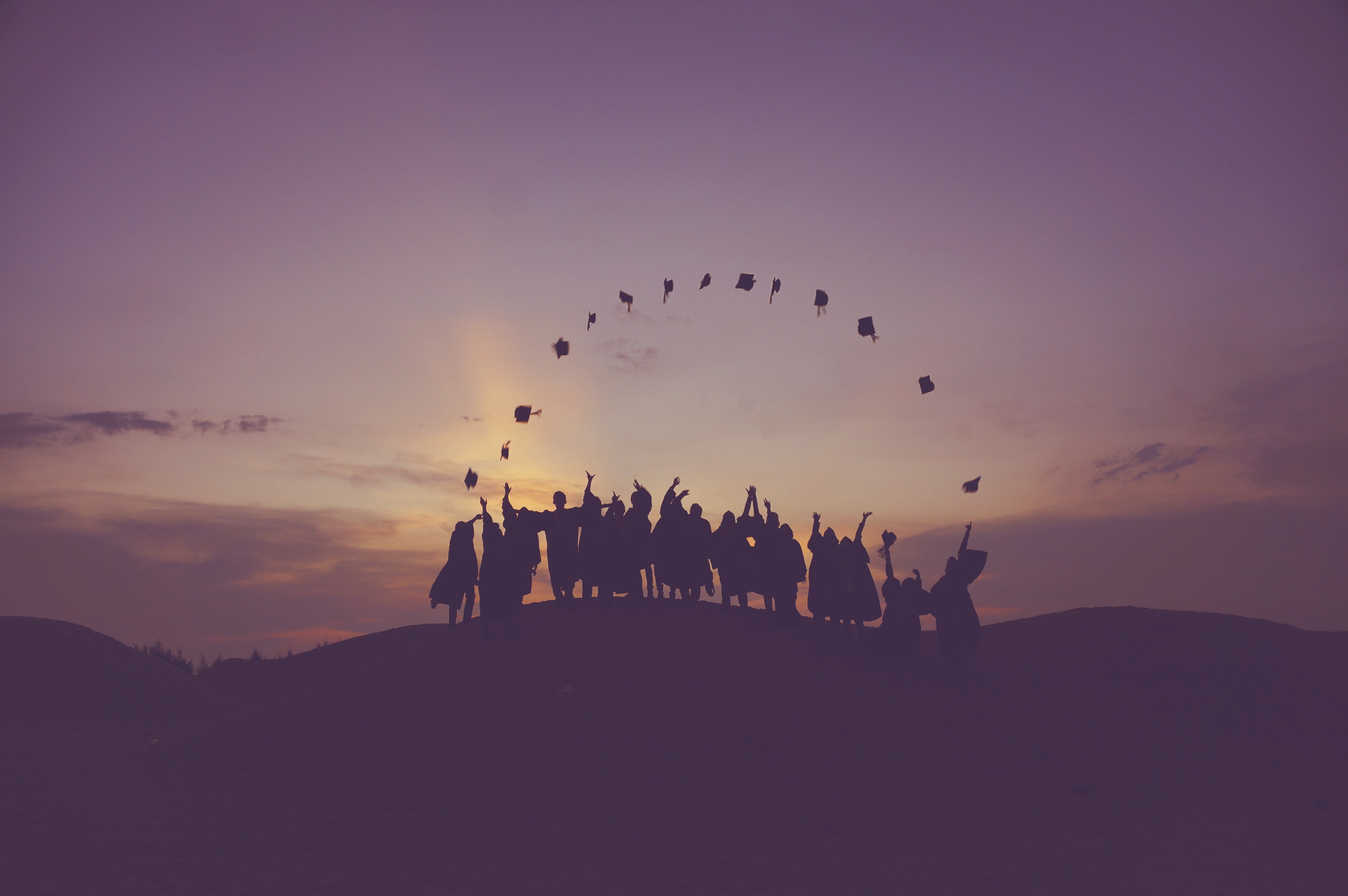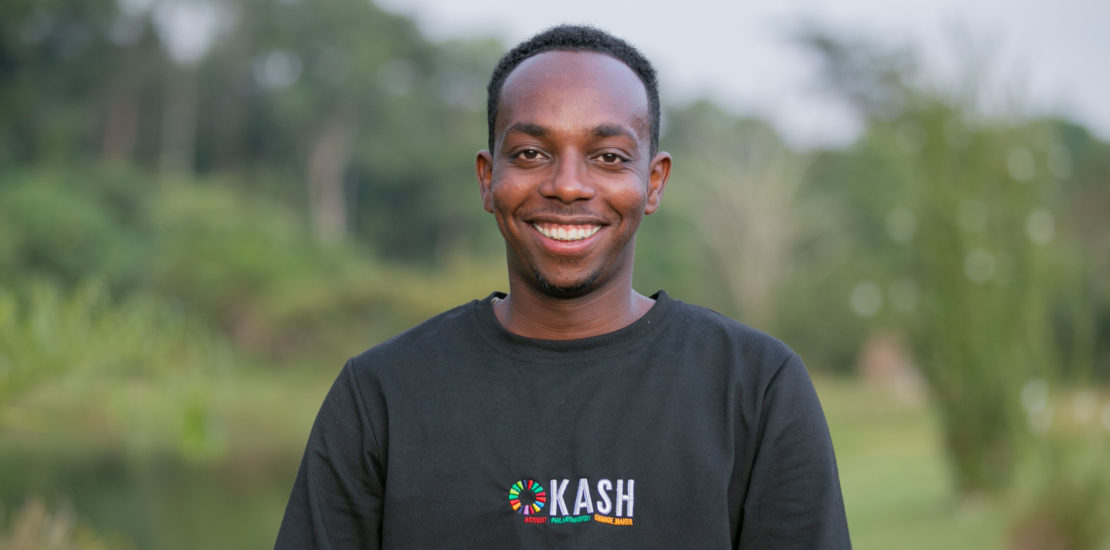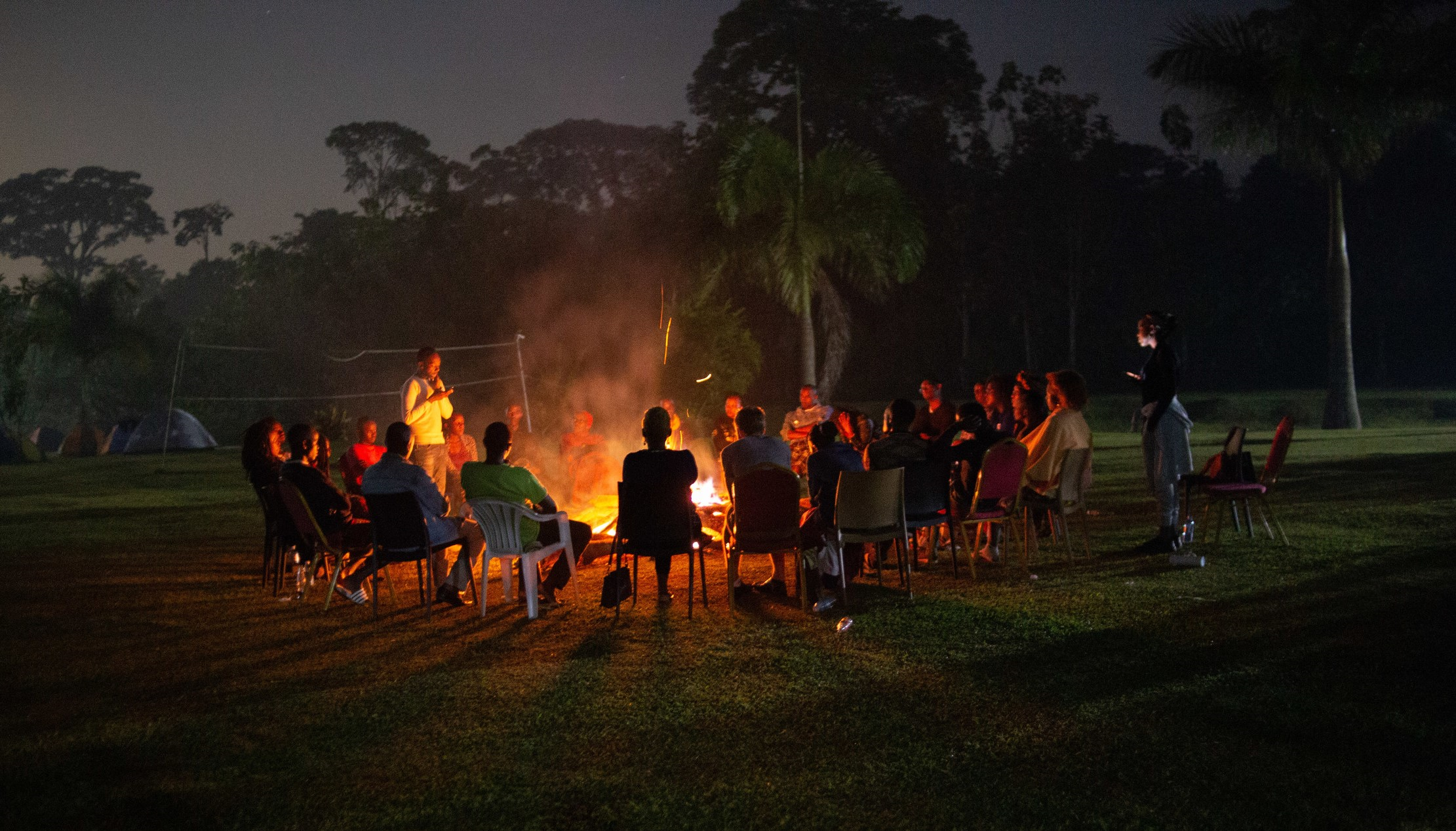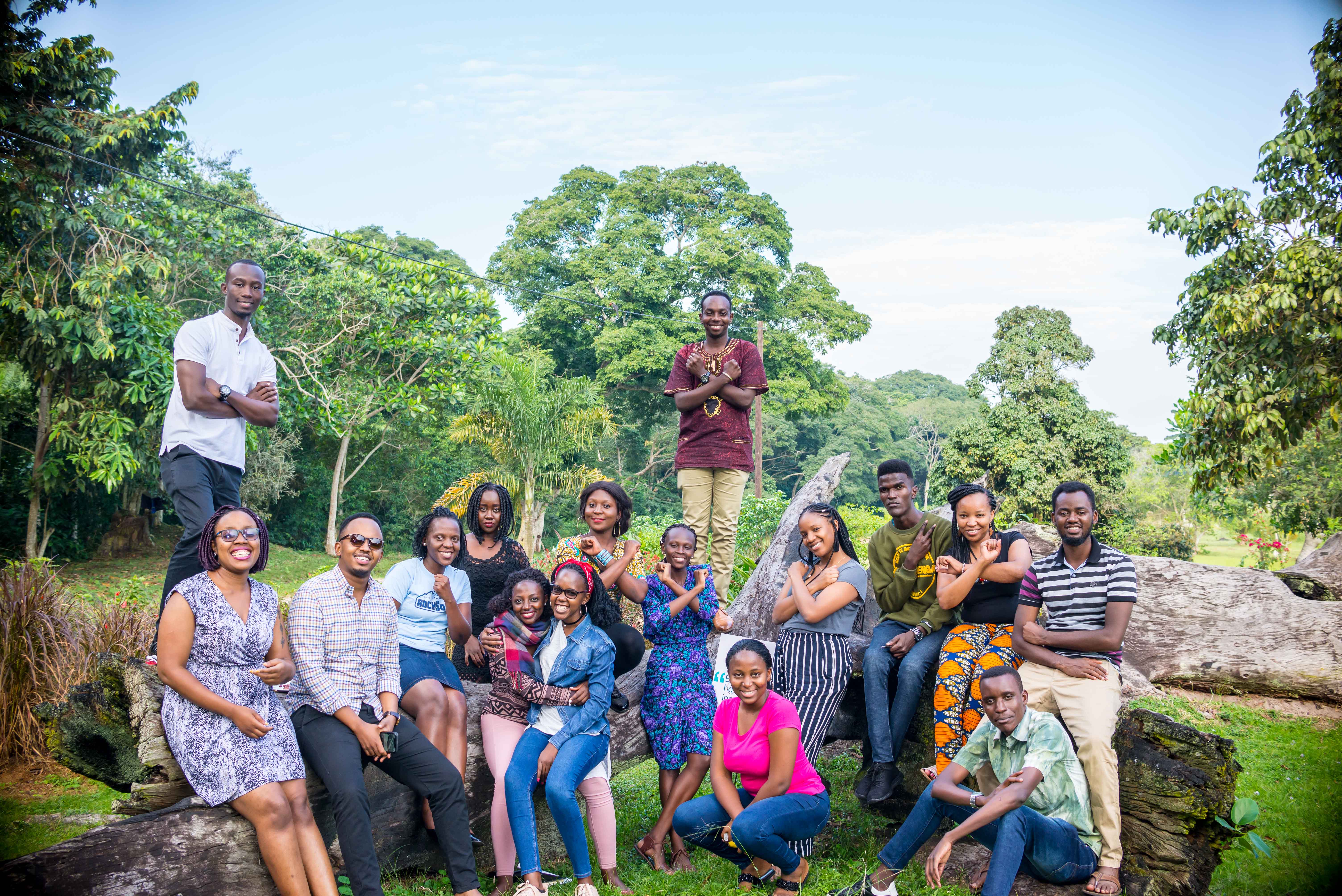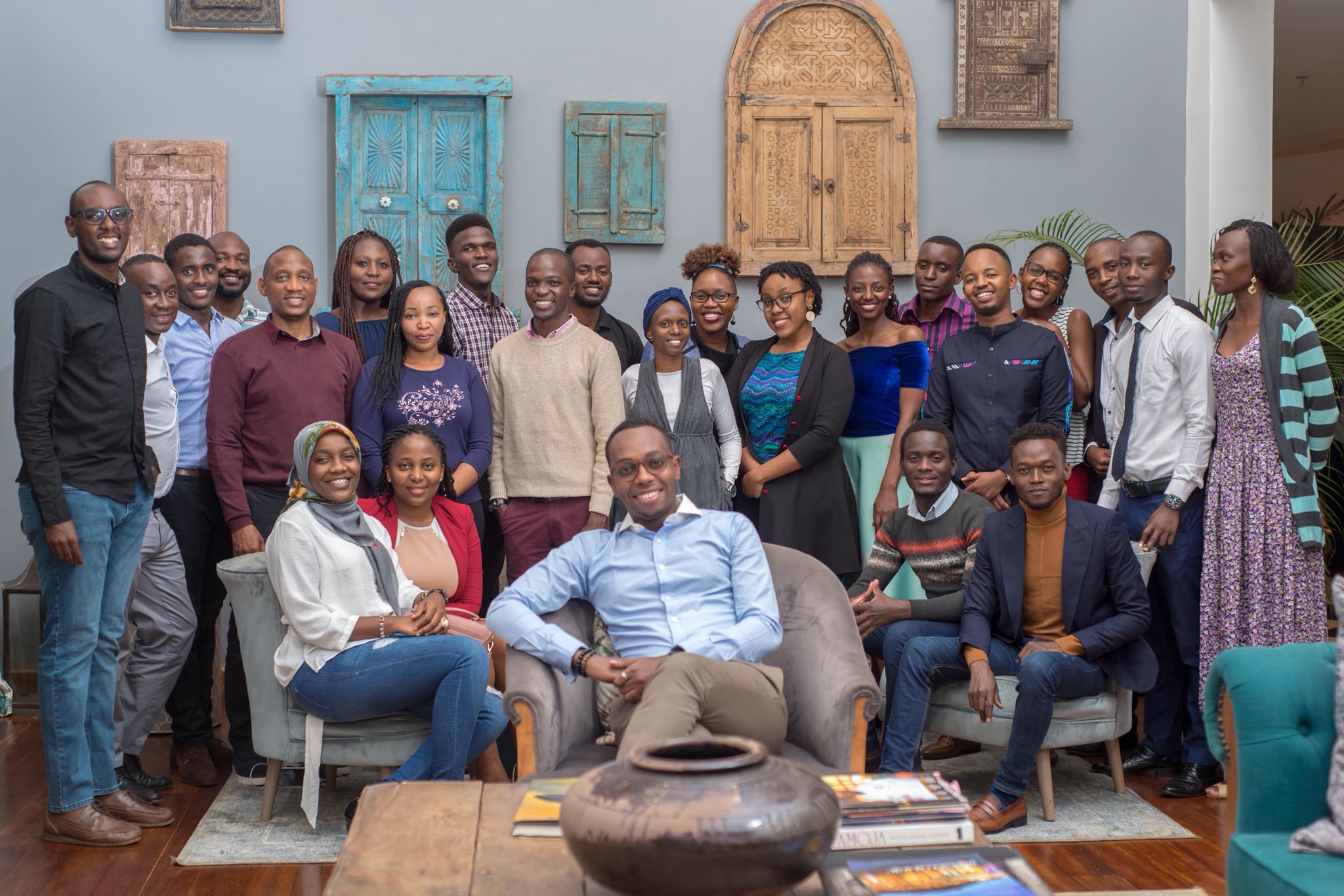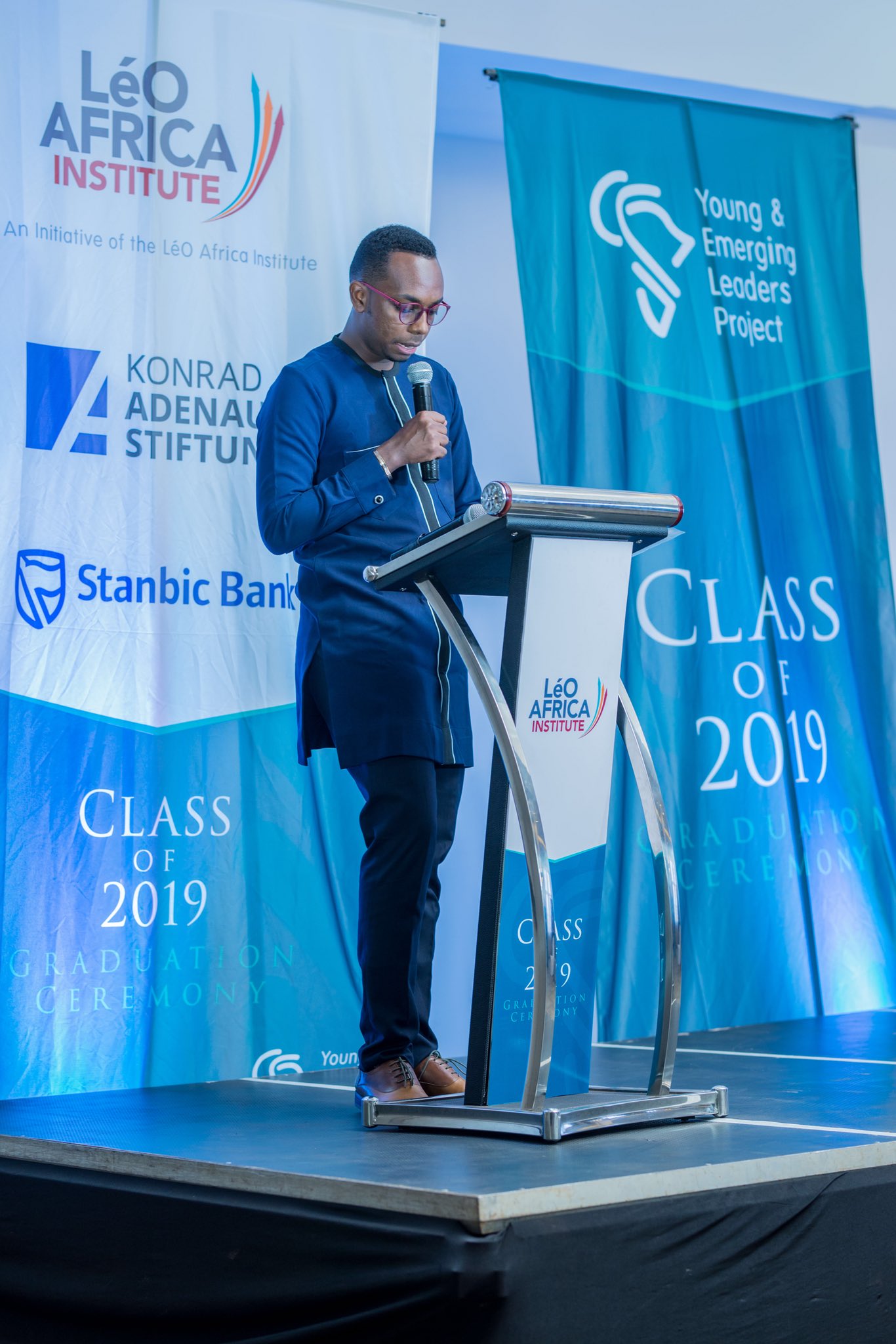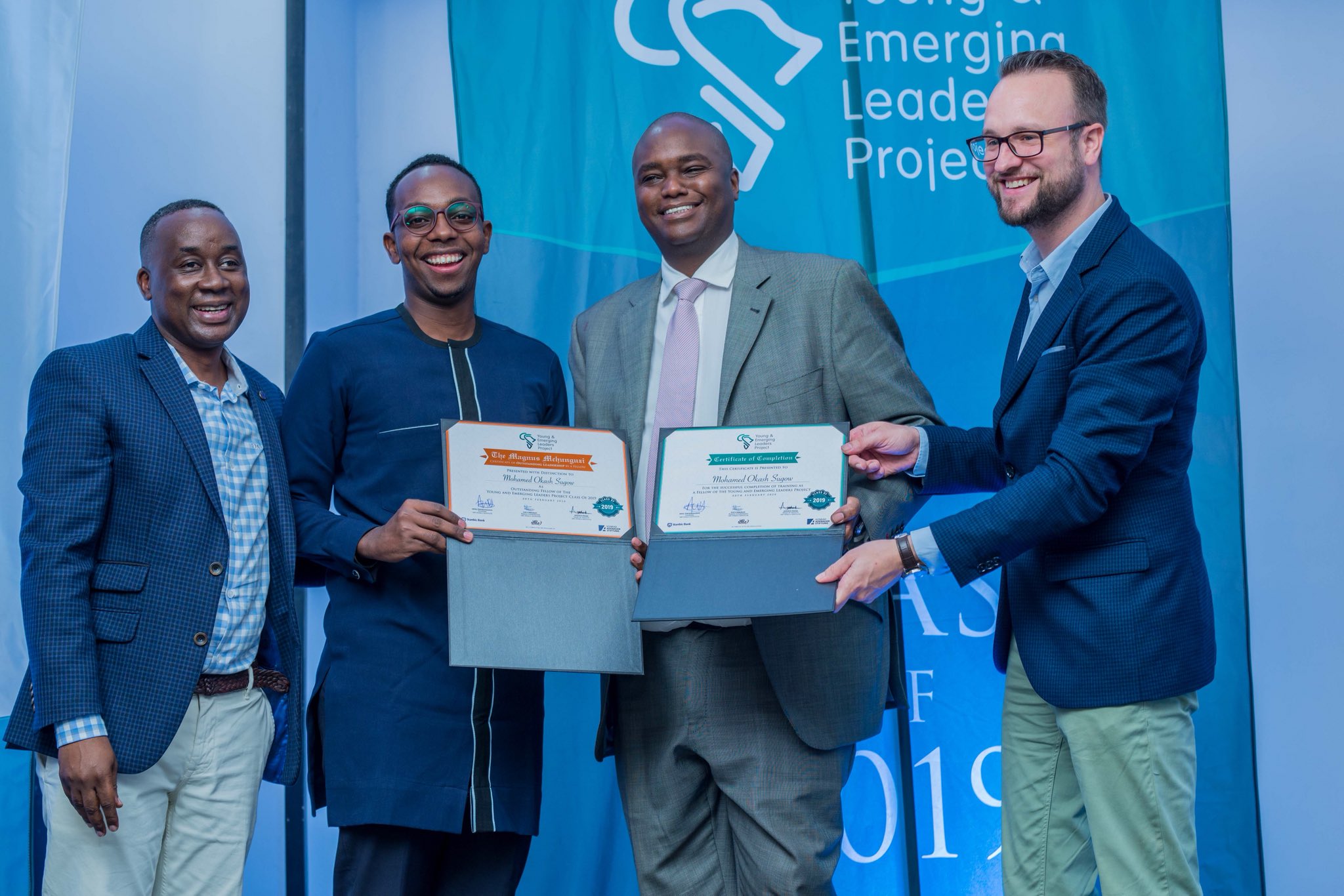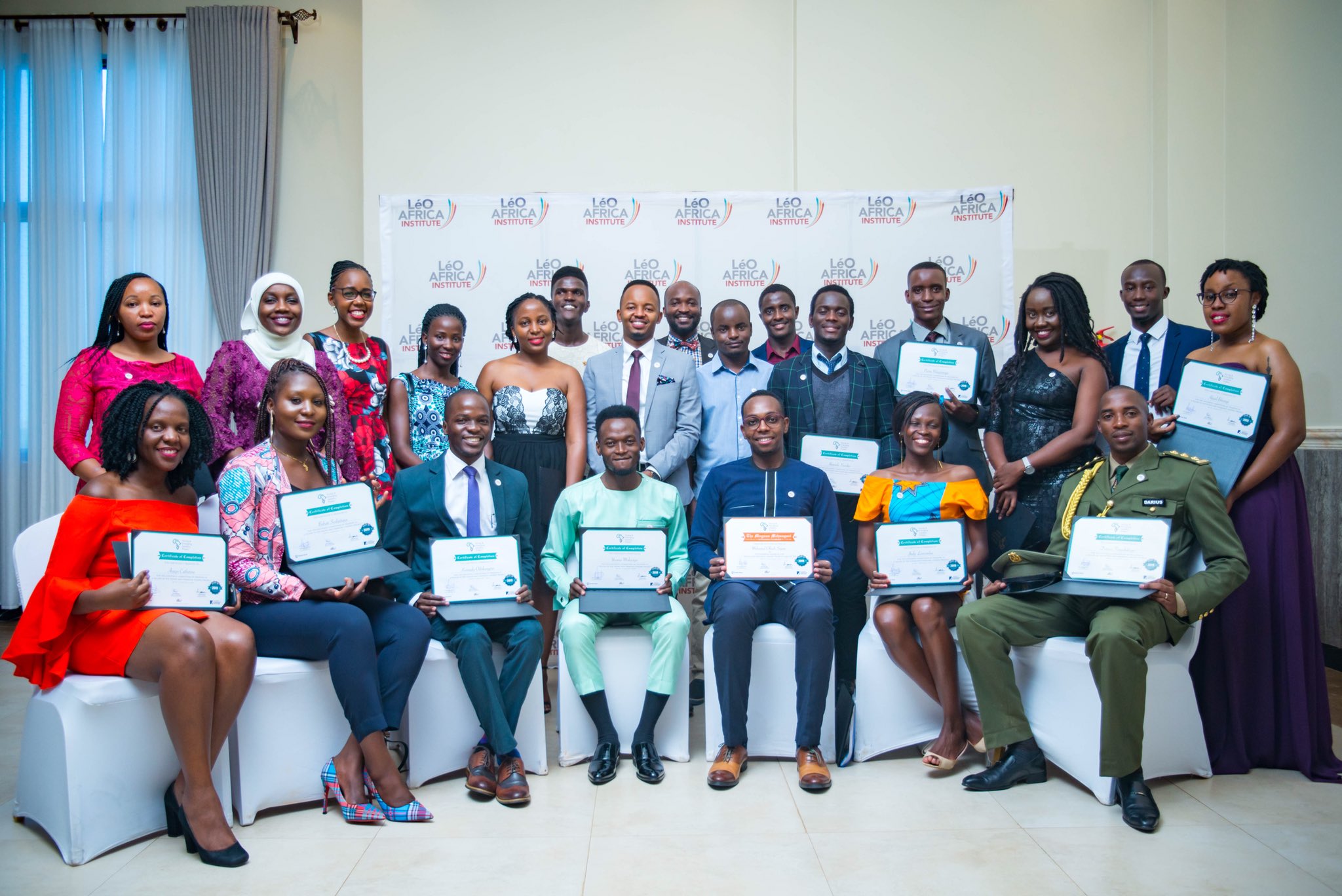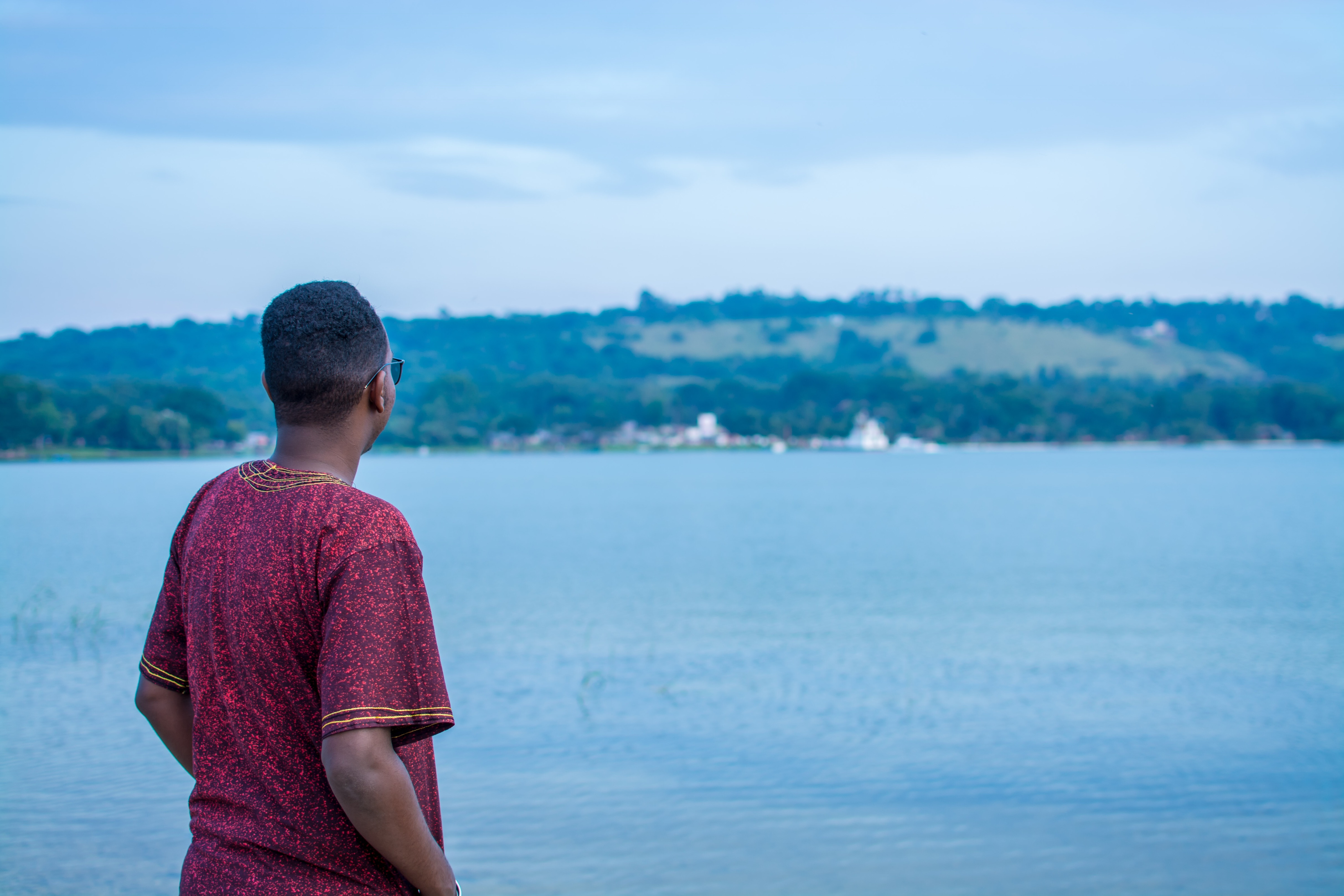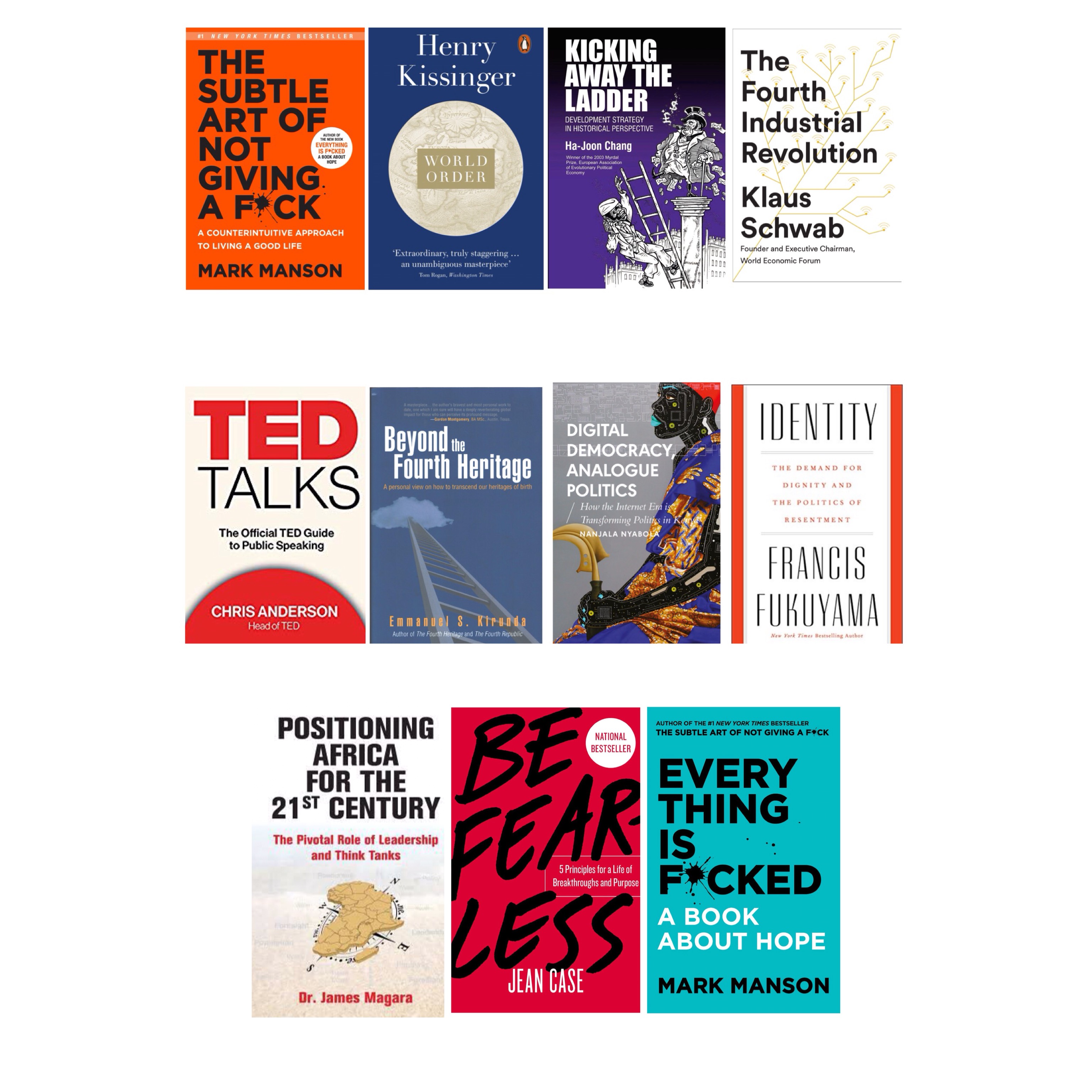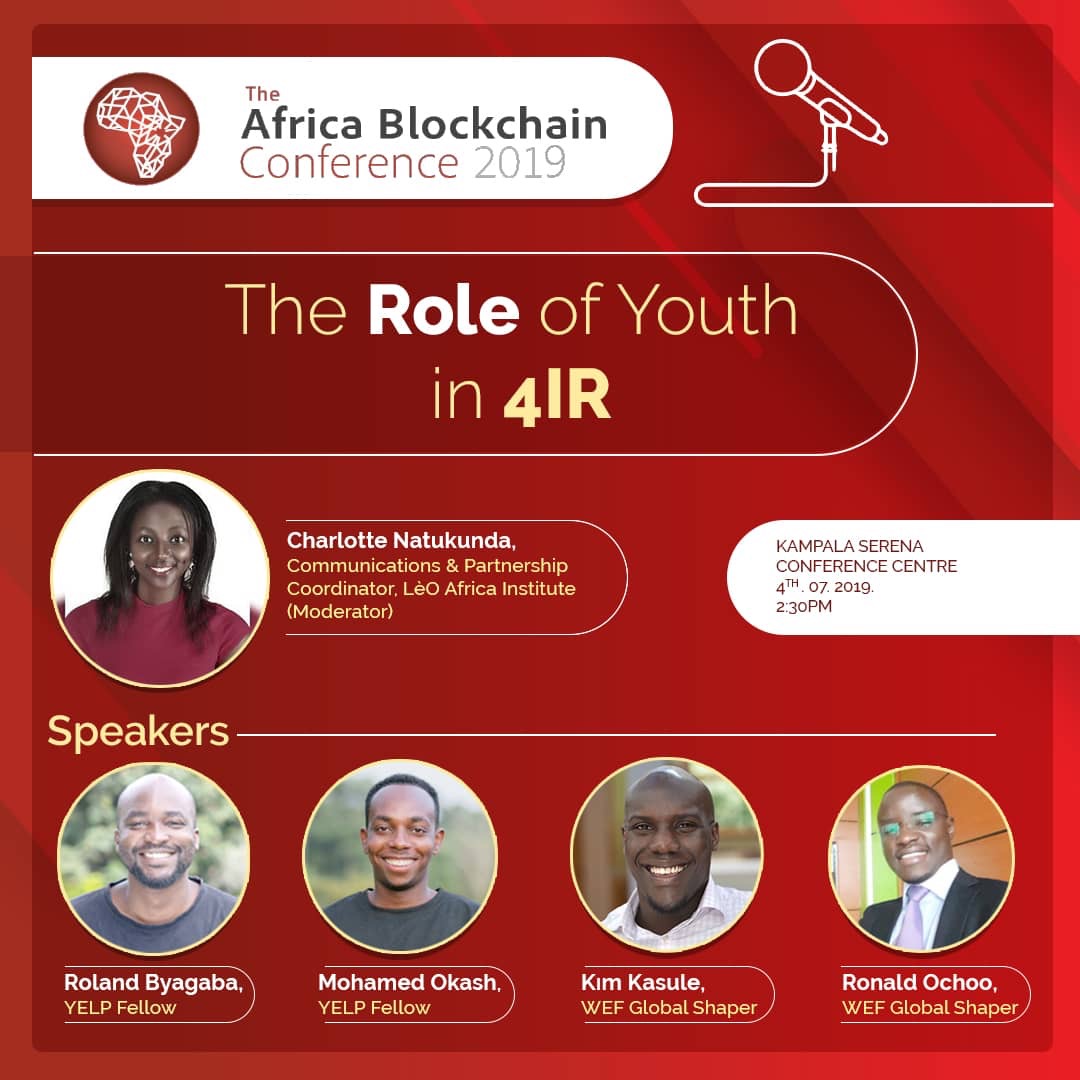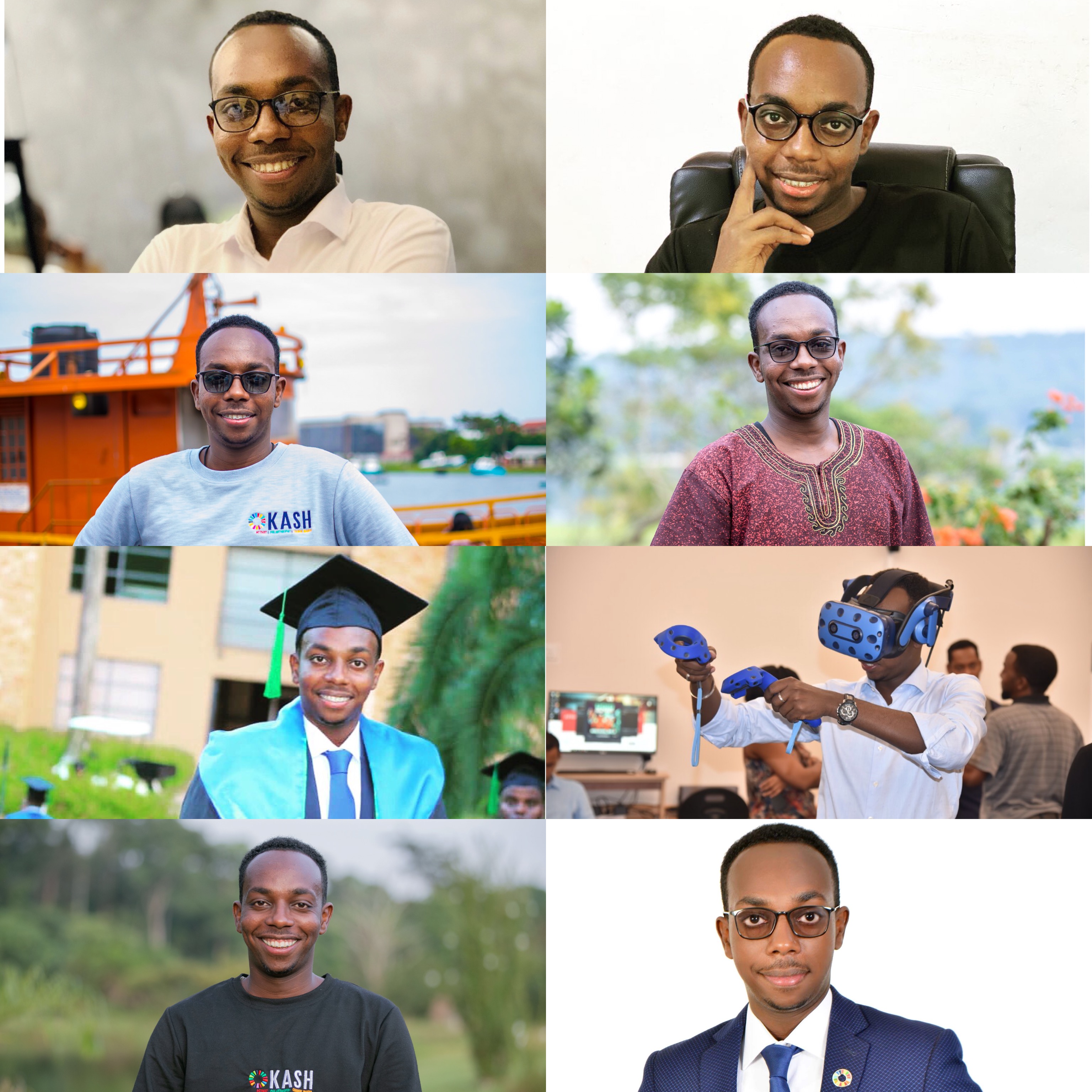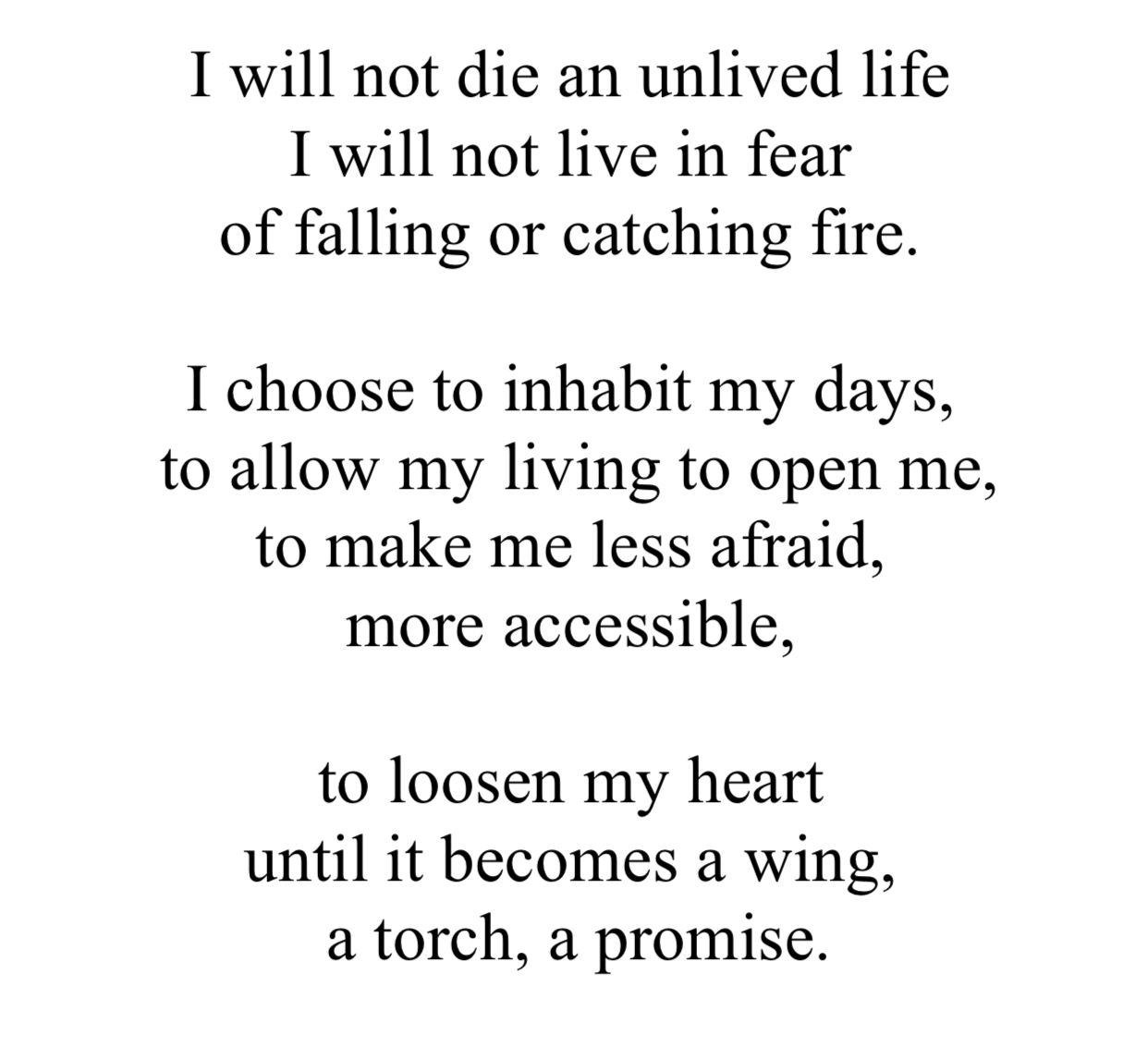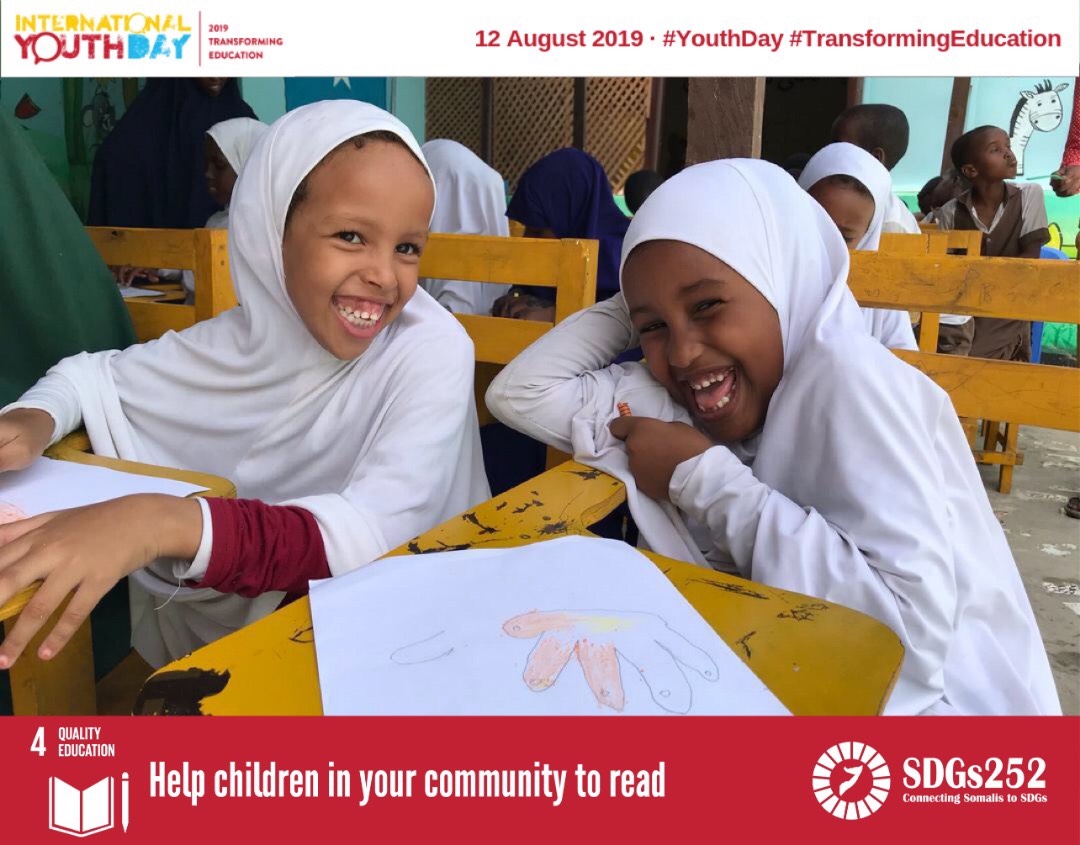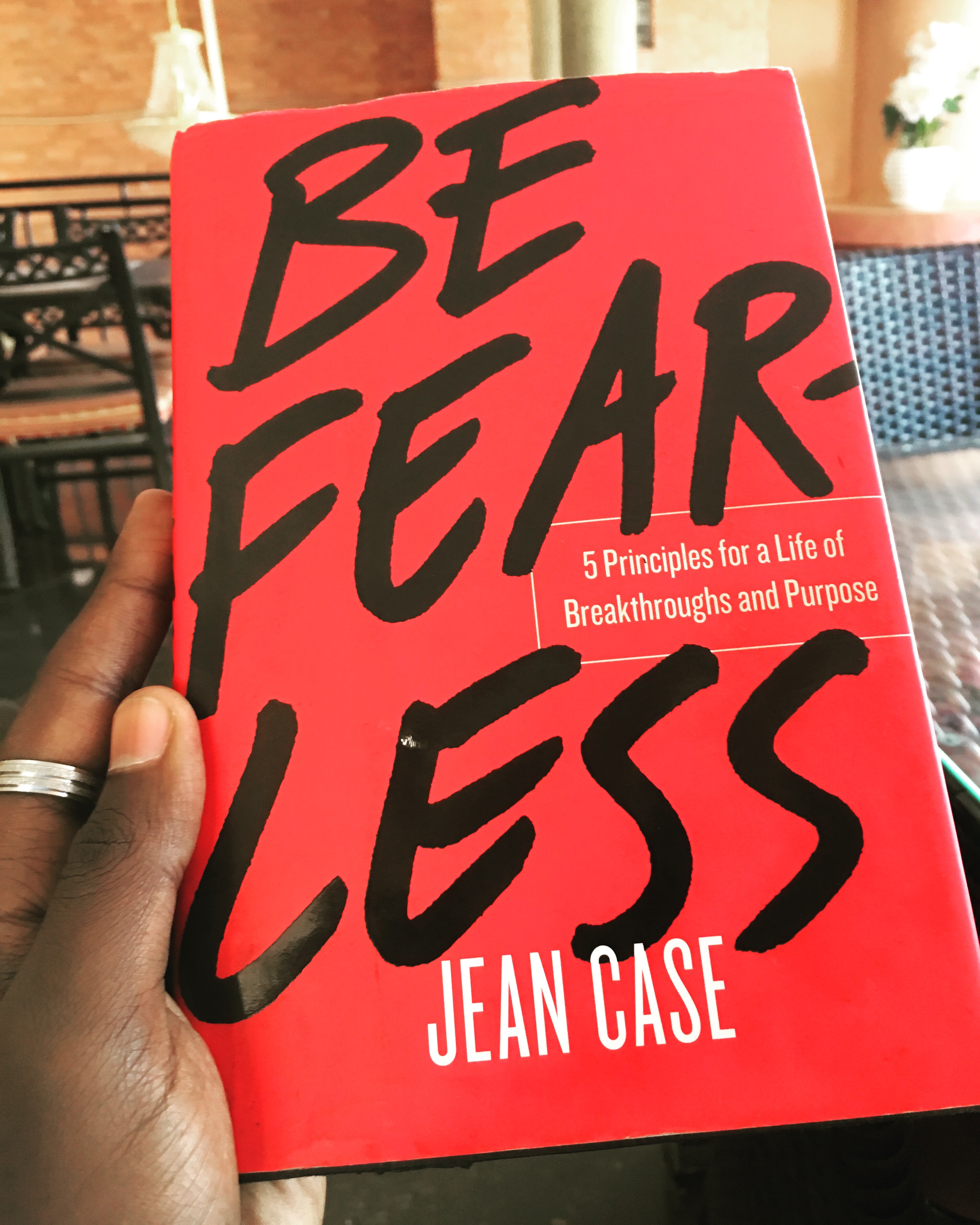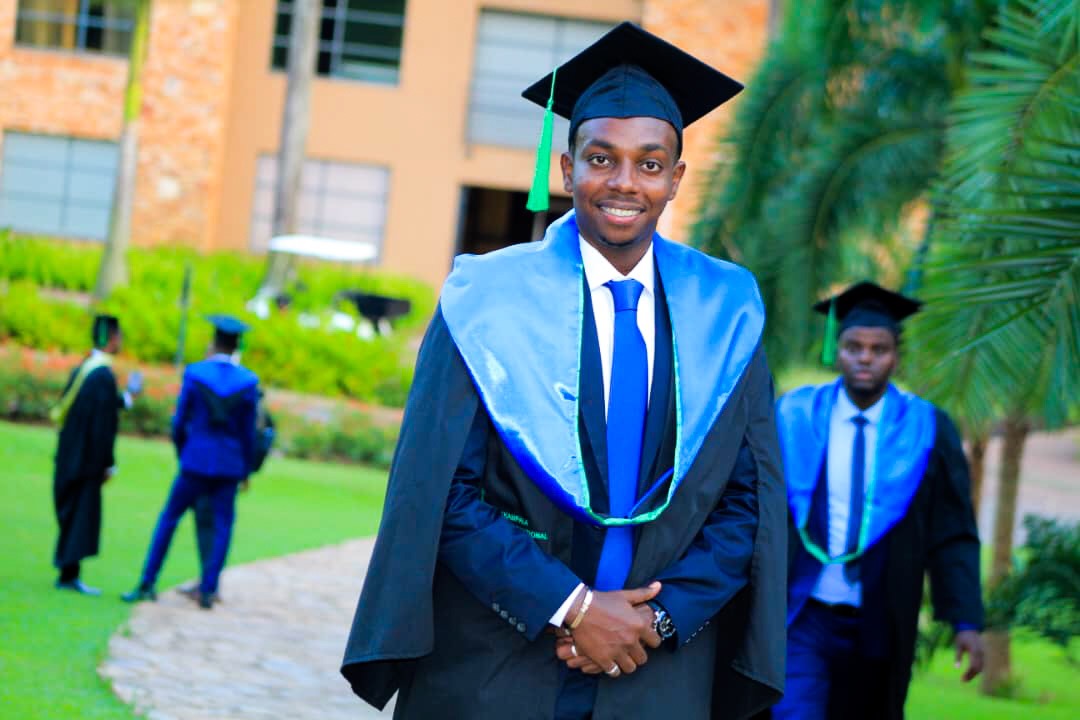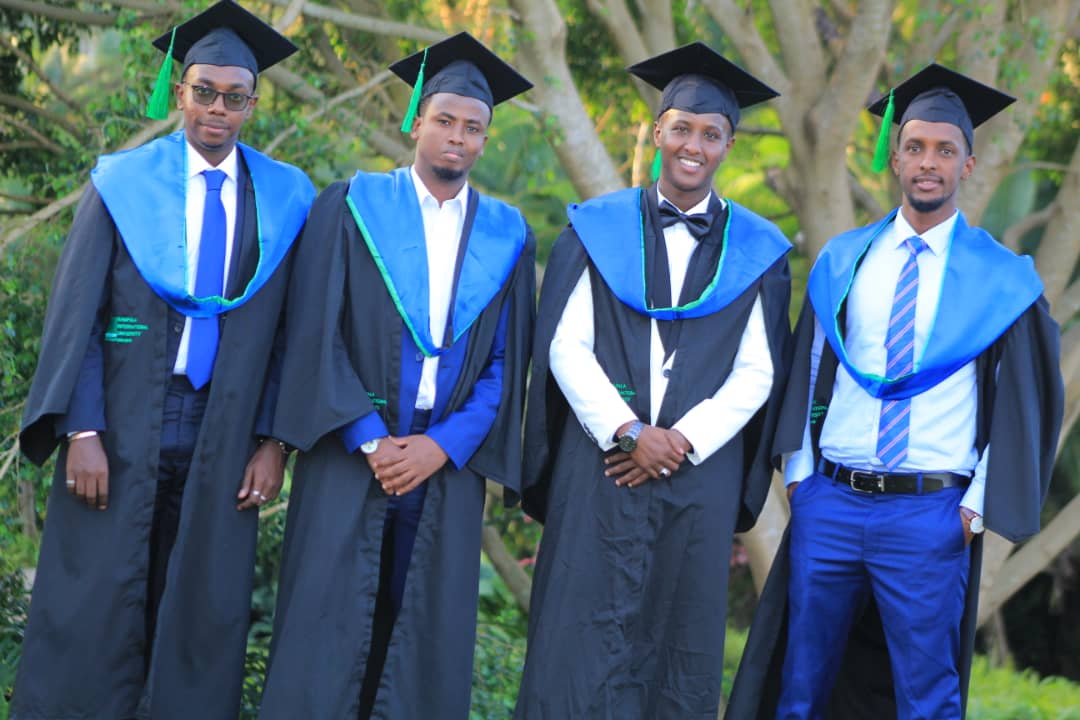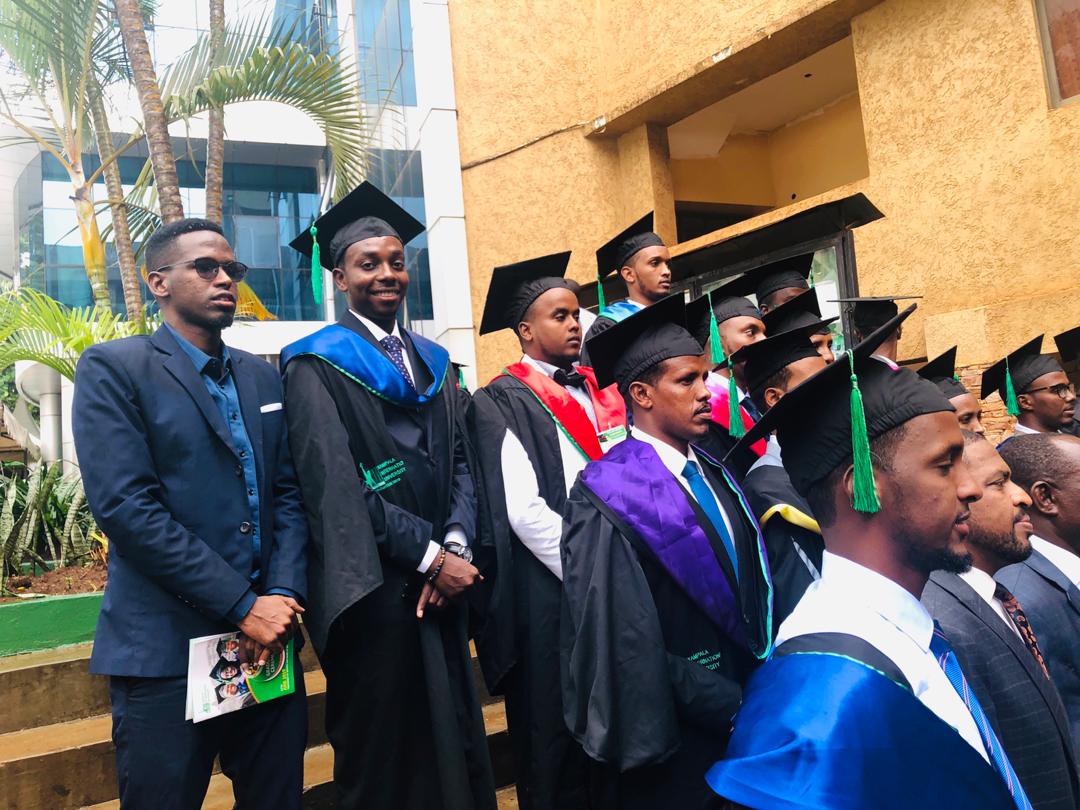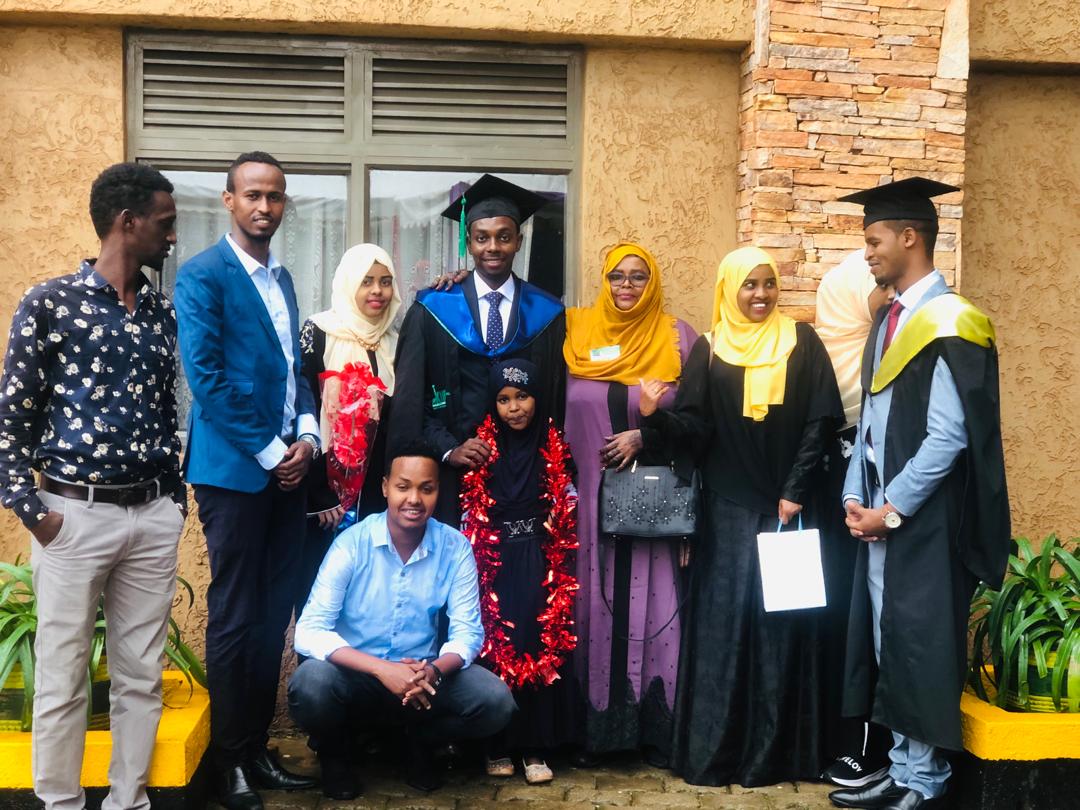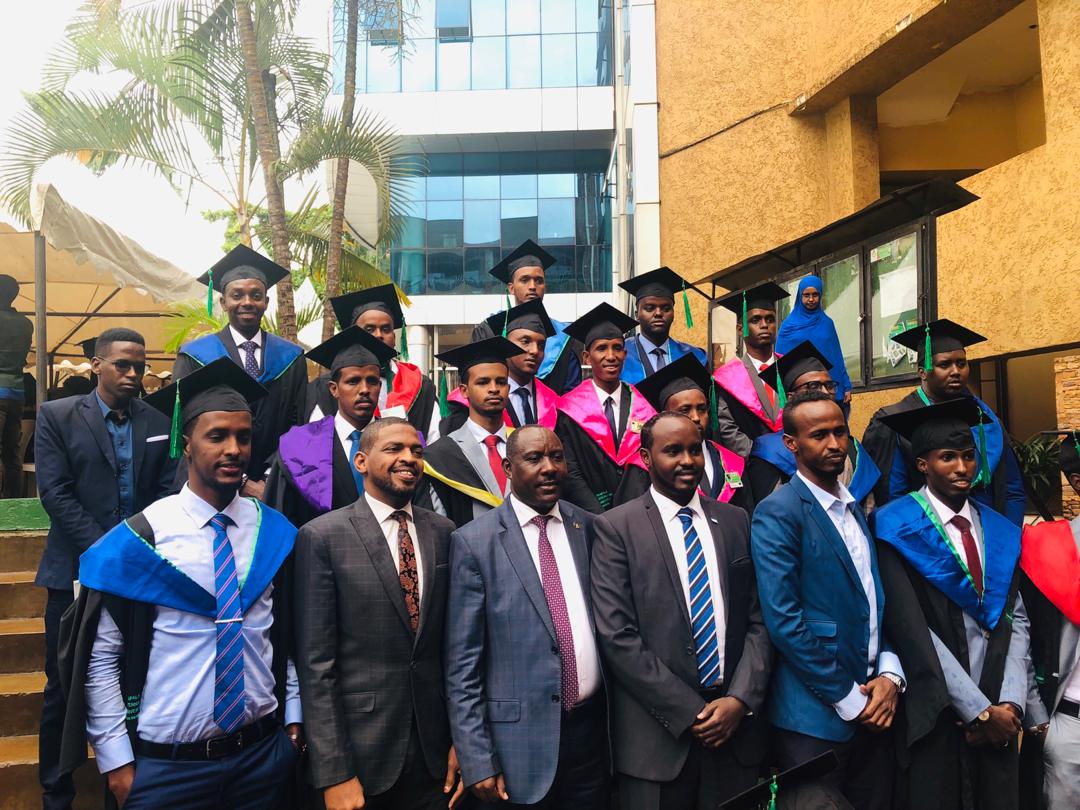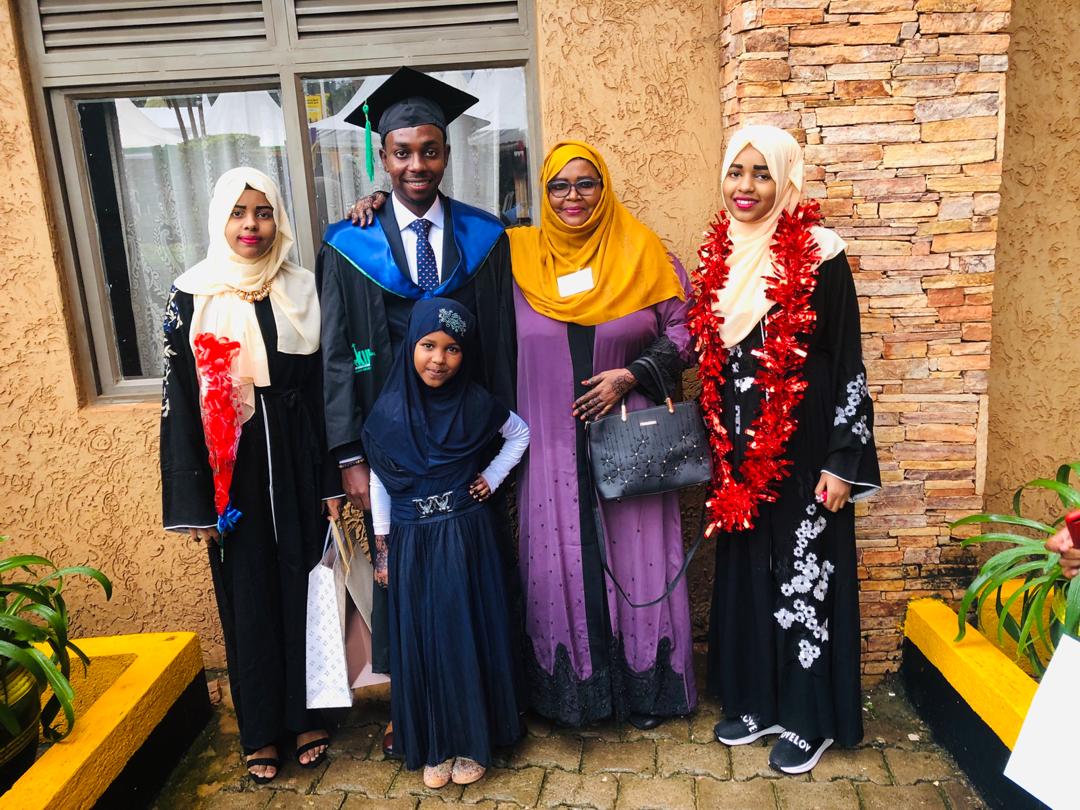2020 was a year of many things. It was a difficult year for many of us. A year of fears, tears, and tragedies. Heroes walked away, millions lost their jobs, industries ceased, schools and markets were shut down, travels and movements restricted, and cities became still. There was no such thing like 2020 in my life. I witnessed things we never imagined, the pandemic. it was a year of staying and working from home, physically distancing; away from families and friends, the usual normal things turned upside down and get used to new realities – the new normal, and that includes without the ever-constant “I think you’re on mute; please unmute the mic” online meetings.


I guess it is impossible to talk about 2020 without the losses of Heroes and hopes. We mourned the loss of the giants like Chadwick Boseman, Kobe Bryant, George Floyd, John Lewis and Ruth Bader Ginsburg. We also mourned the devastating destructions the Beirut ammonium nitrate explosions and California and Australia burning down. And many others! According to Google’s #YearInSearch report, the world asked the question of WHY more than ever before. Hundreds of millions of people are asking questions and searching for answers. Why More than 1.6 million died for Covid19? Why so many people lost jobs? Why the economy is in a recession? Why democracy and multilateralism are under threat? Why human rights are often denied? Why do we still have dreams and stay hopeful?

When the year was beginning I had so many things to look for, a list of new year resolutions. But sadly, the strange thing known as the COVID19 crushed everything into crisis and tested our souls at crossroads. In the first 100 days of the year, I had to amend my list resolutions as may you did too into and activate the emergency contingency plan for survival. I witnessed several events for the first time. It the longest period I spent staying indoors as a lifesaving intervention. I spent most of the time on my computer screen than anything else. It was amazing I spent long hours in connecting and reconnecting families, friends, mentees, and colleagues online. I was away from my office for five complete months. I could not imagine turning my home into an office and being able to deliver every bit of work online without compromising the quality. It was a learning experience and adopting the new normal of work. My digital skills dramatically upgraded by exploring new essential productivity tools for making work more creative and deliverable. Through online I interviewed hundreds of people, mentored tens, moderated and spoke more than ten panels sessions, both local and international including the Annual leaders Gathering, Global Somalia Diaspora Forum, CEB 2020, and constantly joined Zoom meetings which I thought I could not be possible with physical gathering.

Even though I have gone through a series of waves challenges as you may do, but there are several things to be grateful. On February 2020, I graduated from YELP fellowship class of 2019 of the LéO Africa Institute which was one of the incredible life-changing programs I have ever participated. Also, I was selected as the Valedictorian, the best outstanding fellow, of a class of 2019 and delivered the valedictorian speech which was the first of its kind. Additionally, I was successfully selected to join for the first-ever virtual Climate Reality Leadership Corps global training in July 2020. This has been an incredible learning experience and joining a global community of over 21,000 formerly trained Climate Reality Leaders already working together to fight the climate crisis. Moreover, I joined the IITE Institute as its head of Innovations where I focus on designing social innovation boot camps, hackathons and fellowships, mentoring young people to get jobs, build successful and sustainable social enterprises, and help budding MSMEs to maximize their full potential.

Additionally, I have worked on several different projects and activates. One of the interesting parts is working for and with young people who are either transitioning from schools to the labour market or building social enterprises to tackle a social issue. It’s a rewarding and valuable contribution to the society for making a difference in people lives and that is what kept me getting up every morning. Also, it resonates the cause I stand for building better Somali through Education, Entrepreneurship and Employment.
As a tradition, every year I list of carefully selected books to improve my understanding about the world view and expand my skills and industry expertise. I am glad that I have managed to read 8 books from diverse fields, authors and times. Here are the most interesting books I found thought-provoking;
- The Field Guide to human-centred Design by IDEO
- Option B; facing adversity, building resilience and finding joy by Sheryl Sandberg and Adam Grants
- An American Marriage by Tayeri Jones
- Design Thinking for Strategic Innovation by Idris Moote
- Design When Everybody Designs by Ezio Manzini
- Interventions: A Life in War and Peace by Kofi Annan and Nader Mousavizadeh
- When Breath Becomes Air by Paul Kalanithi
- Veronika Decides to Die by Paulo Coelho
As a person who subscribed as life long learner and enjoys challenging my knowledge and skills, I enrolled numerous of online classes which I have completed; here are few of them.
- Learning how to learn: powerful mental tools to help you master tough subjects Introduction to Data Science by US San Diego
- Design Thinking for Innovation by University Virginia
- Steps to Startup, a package of 8 courses, by Social Enterprise Institute
- How to Write Scientific Research Paper by École Polytechnique
Furthermore, Netflix was among the top sites I browsed in 2020 to escape lockdown’s boredom. I watched Documentaries, reality TV shows, and romance from different stories and countries and cultures. To mention a few, Emily in Paris, Money Heist, and Queen of Gambit which all of the most popular released of the year. The Social Dilemma and David Attenborough a life on our planet was among the best documentaries I have screened in 2020.
One of the things I am proud of my 2020 is the completion personal challenge of writing 30 short stories for 30 days in December alone which I have done completely. These stories were covered from many different takes, moments and events. They were original and factual stories about my moments. This short stories challenge was tough, challenging, and learning experience. One of the biggest lessons of the challenge was getting things done accordingly.
2020 has been a year of many things. There have been challenges, opportunities and experiences. Since my options A was got suspended by pandemic, but I am glad option B worked well. Living in option B used to coin as a very normal thing in the past but in 2020 the option B became a precious goal for everyone. Now as we are beginning in 2021, I am looking backwards to connect the dots and move forward, upward and onwards. Hopefully, the past of pandemic year will be the base of building blocks of the next decade, and many generations to come.




